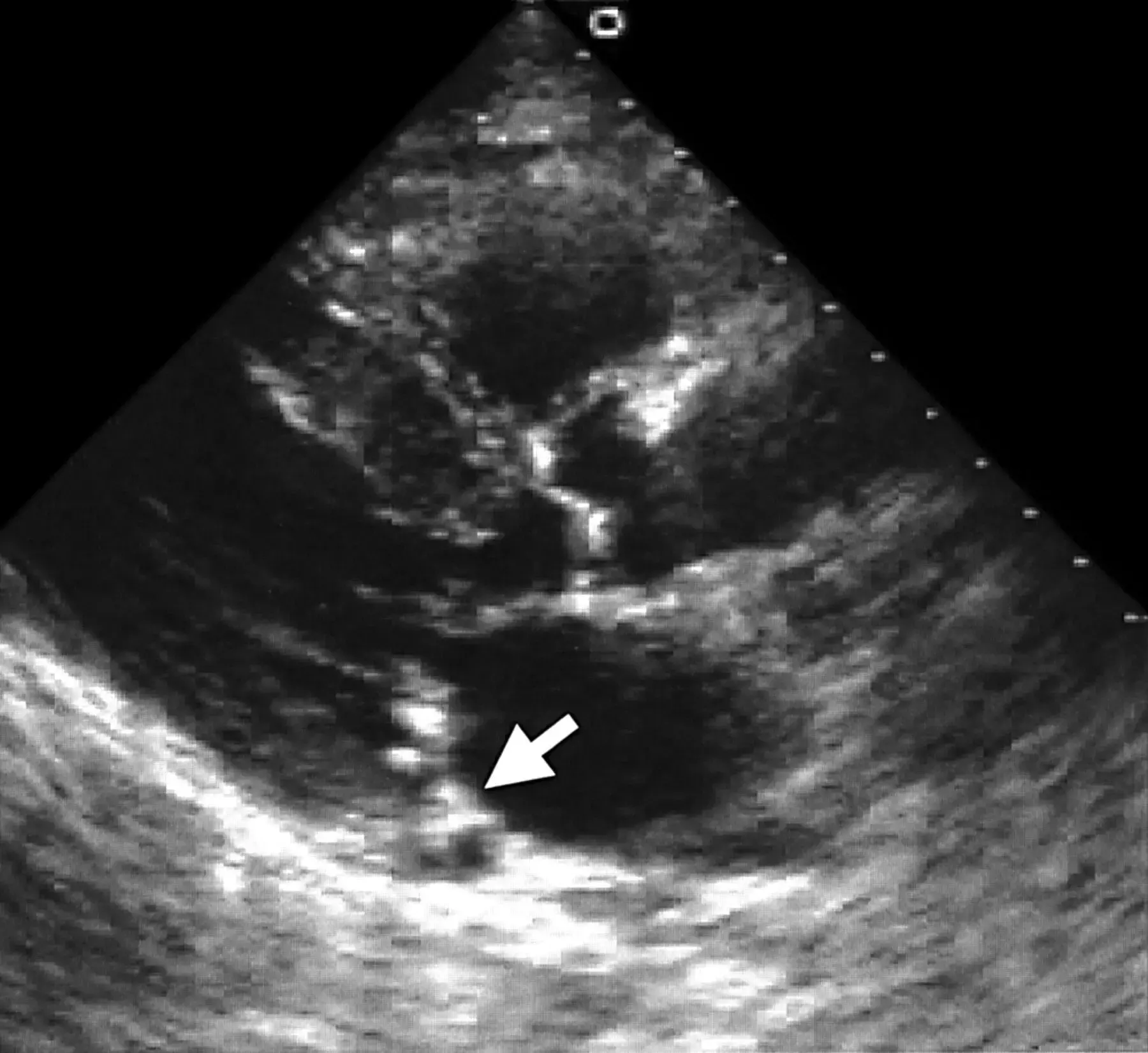- Home
- Medical news & Guidelines
- Anesthesiology
- Cardiology and CTVS
- Critical Care
- Dentistry
- Dermatology
- Diabetes and Endocrinology
- ENT
- Gastroenterology
- Medicine
- Nephrology
- Neurology
- Obstretics-Gynaecology
- Oncology
- Ophthalmology
- Orthopaedics
- Pediatrics-Neonatology
- Psychiatry
- Pulmonology
- Radiology
- Surgery
- Urology
- Laboratory Medicine
- Diet
- Nursing
- Paramedical
- Physiotherapy
- Health news
- Fact Check
- Bone Health Fact Check
- Brain Health Fact Check
- Cancer Related Fact Check
- Child Care Fact Check
- Dental and oral health fact check
- Diabetes and metabolic health fact check
- Diet and Nutrition Fact Check
- Eye and ENT Care Fact Check
- Fitness fact check
- Gut health fact check
- Heart health fact check
- Kidney health fact check
- Medical education fact check
- Men's health fact check
- Respiratory fact check
- Skin and hair care fact check
- Vaccine and Immunization fact check
- Women's health fact check
- AYUSH
- State News
- Andaman and Nicobar Islands
- Andhra Pradesh
- Arunachal Pradesh
- Assam
- Bihar
- Chandigarh
- Chattisgarh
- Dadra and Nagar Haveli
- Daman and Diu
- Delhi
- Goa
- Gujarat
- Haryana
- Himachal Pradesh
- Jammu & Kashmir
- Jharkhand
- Karnataka
- Kerala
- Ladakh
- Lakshadweep
- Madhya Pradesh
- Maharashtra
- Manipur
- Meghalaya
- Mizoram
- Nagaland
- Odisha
- Puducherry
- Punjab
- Rajasthan
- Sikkim
- Tamil Nadu
- Telangana
- Tripura
- Uttar Pradesh
- Uttrakhand
- West Bengal
- Medical Education
- Industry
FGFR4 and Klotho Polymorphisms not associated with CV outcomes in CKD: Study

Germany: In a study conducted by Sellier A.B and team, it was found that Klotho and FGFR4 were not linked to left-ventricular mass index (LVMI) or cardiac events. The findings of the study, published in the American Journal of Nephrology, do not provide evidence for a relevant clinical role of either FGFR4 stimulation or soluble form of Klotho deficiency in LVH development.
In individuals with chronic kidney disease (CKD), high plasma fibroblast growth factor 23 (FGF-23) predicts cardiovascular events. Experimental data show that FGF-23 activates FGF receptor 4 (FGFR4) and that a lack of the soluble form of its co-receptor Klotho increases left-ventricular hypertrophy (LVH).
To assess the clinical significance of these findings, Mendelian randomization research examined the correlation of FGFR4 and Klotho genetic variations with echocardiographic parameters and cardiac events in CKD patients. The prospective Cardiovascular and Renal Outcome in CKD 2–4 Patients–Fourth Homburg Evaluation research included 519 CKD G2–G4 patients, 519 of whom agreed to SNP genotyping (FGFR4: rs351855; Klotho: rs9536314). Echocardiographic tests at baseline and 5 years later were used to estimate the prevalence of LVH using the left-ventricular mass index (LVMI). For the major objectives of cardiac decompensation and atherosclerotic cardiovascular disease, patients were followed for 5.1 2.1 years (ASCVD).
Carriers of the various alleles did not vary in terms of baseline LVMI or LVMI changes between baseline and follow-up. One hundred and four individuals experienced cardiac decompensation, and 144 had ASCVD. The time to cardiac decompensation and ASCVD did not differ across allele carriers.
The findings of this investigation do not support a clinical function for either FGFR4 stimulation or soluble Klotho deficiency in the development of LVH added the authors in conclusion.
Reference:
Sellier A, B, Seiler-Mußler S, Emrich I, E, Böhm M, Fliser D, Zawada A, M, Heine G, H: FGFR4 and Klotho Polymorphisms Are Not Associated with Cardiovascular Outcomes in Chronic Kidney Disease. Am J Nephrol 2021. doi: 10.1159/000519274
Medical Dialogues consists of a team of passionate medical/scientific writers, led by doctors and healthcare researchers. Our team efforts to bring you updated and timely news about the important happenings of the medical and healthcare sector. Our editorial team can be reached at editorial@medicaldialogues.in.
Dr Kamal Kant Kohli-MBBS, DTCD- a chest specialist with more than 30 years of practice and a flair for writing clinical articles, Dr Kamal Kant Kohli joined Medical Dialogues as a Chief Editor of Medical News. Besides writing articles, as an editor, he proofreads and verifies all the medical content published on Medical Dialogues including those coming from journals, studies,medical conferences,guidelines etc. Email: drkohli@medicaldialogues.in. Contact no. 011-43720751


